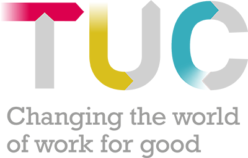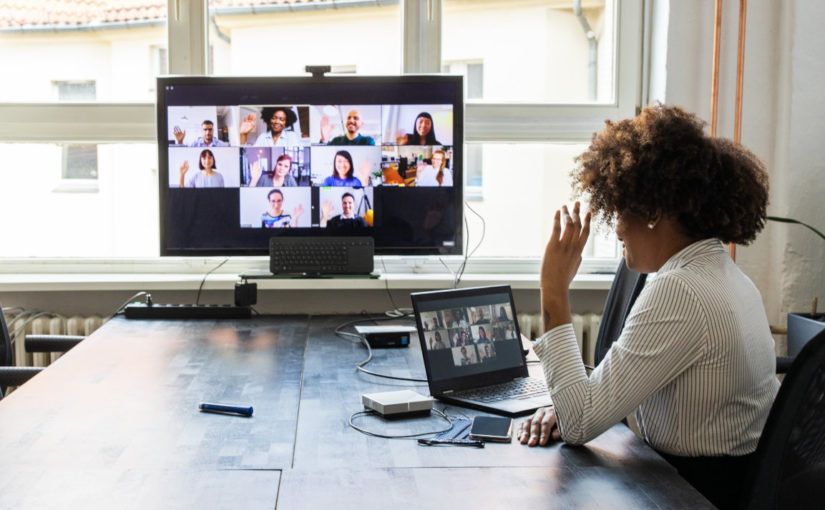In the first week of 2020’s lockdown, I took part in Simon Sapper’s great UnionDues podcast, sitting on my bed with my laptop to record a conversation about digital change in unions. During the call, Simon asked if I thought the pandemic could become a turning point for unions in digitising.
I wasn’t sure. We were in for what looked like being a really difficult couple of months for unions in supporting members to stay safe at work, without access to much of our infrastructure.
My worry was that was as likely to eat into our limited capacity for new digital work, as it could be a spur to new digitisation.
As it turned out though, Simon was onto more than I had thought.
For one, this crisis has lasted way lot longer than a couple of months, meaning we’ve all had no alternative but to learn to work around its problems, rather than just put some things on hold for a short time.
Unions have moved mountains over that time, developing furlough and other ways to protect jobs, and negotiating and enforcing safer working arrangements. Many unions report increased membership as workers turned to them for protection.
But many unions are also emerging from the pandemic with a very different relationship to digital.
Being locked out of office-bound systems prompted many to move to cloud-based tools to get their functions working again with a home-based workforce. As their possibilities changed, a number of those have also developed more responsive ways of working with activists and members.
Other unions that had been lucky enough to make the jump to the cloud before lockdown were able to hit the ground running, and we’ve seen some real digital innovations as they found new uses for tools already at their disposal to react in new ways to the situation.
Now, with vaccinations rising and restrictions finally lifting, unions have a number of decisions to make for the longer term.
So much has changed over the last 18 months that it’s clear things won’t be going back exactly to the ways of working that passed for normal in 2019. We’ve met our members’ expectations on many areas of engagement and support. Activism has grown, with branches across the country reporting higher attendance at virtual meetings, and new people wanting to become reps. There’s no chance to put those expectations back in the box as the crisis subsides – even if we wanted to.
Key here is how we spread awareness of what’s worked well so far across our unions and across our movement, and find out what might have the potential to scale or be used in other ways.
But we also have challenges in working out which of the old ways served us better than the emergency substitutions, which are appropriate to bring back, and which could be reinterpreted to fit with new possibilities, or run alongside new methods to broaden reach and accessibility, whilst still reducing duplication as much as possible.
At the TUC Digital Lab, we worked with a group of union leaders to map out where some of the biggest challenges lie, and what the “new normal” for unions is likely to look like. We came out with 27 challenges, grouped loosely across four themes that should have resonance for all the UK’s unions.
We’ve also had lots of interesting conversations during 2021 with union digital practitioners, and have combined the learning from all this into a new report. It looks at the factors behind the challenges of the new normal, and where we can already see ideas from unions that may be helpful to spread.
You can download our new report “Adapting to the new normal for trade unions” here.
We’ve got an online launch event planned for TUC affiliates on 1st October 2021, where we’ll be workshopping ideas for research and interventions unions might want to work together to develop towards meeting the challenges.
Sign up to join our 1 October workshop here.
We’re also looking to work with union management teams directly around how they might look at the challenges and way forward in a union-specific context. Get in touch if you’re interested.
And of course my own personal challenge for our new normal situation is going to be to work on my hindsight before going on any more podcasts!

